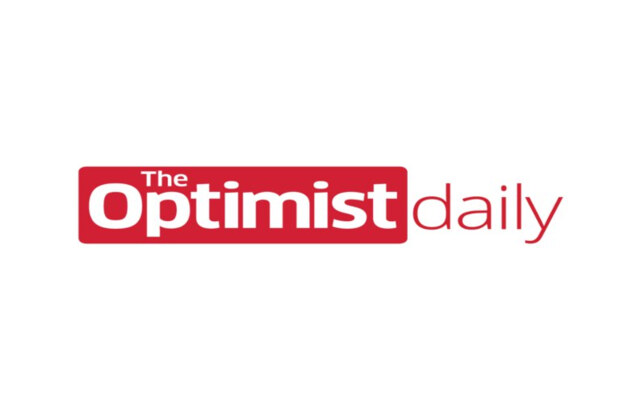Changing the world isn’t easy, and it’s much harder when you don’t know where to start. How does one begin a movement? And once it has begun, where should it go? Fortunately for us, editors Anthony J. Nocella II, the Co-Director of the Save the Kids Foundation, and Jason Del Gandio, an Assistant Professor of Rhetoric and Public Advocacy at Temple University, gathered writings from various activists and authors that provide us with the best strategies to use to turn a plan into action. From discussing social issues in the classroom to the Occupy movements, this manual of sorts shows us how we can close the gap between the world we live in and the world we want to live in.
The Intelligent Optimist: What is peace education?
Anthony Nocella: “Peace education is providing information about the various methods of activism. Many people use the term “activist training,” but that’s actually just one area under a larger umbrella. People have been using different tactics to dissent to the powers in control for hundreds of years, this idea promotes a commonality.”
TIO: How would you describe your vision of peace?
AN: “Peace is the absence of harm, violence, and oppression. Oppression is the systematic, violence is the extreme, and harm is the interpersonal. Our overall vision is of a utopian state of being, and I think we need to have hope and optimism in order for it to exist.”
TIO: How can we be effective activists in our everyday lives?
AN: “It takes time, and comes down to applying what you learn in conferences and such to the world around us. For example, if you have a company, maybe try using consensus decision-making. If you’re an activist speaker who travels a lot, you could reduce your carbon footprint by Skyping into a conference. Recognize the impact of what you do. We need more positive models, and if we can change then so can everyone else.”
TIO: Why is it so important for us to discuss social change in school settings?
AN: “Schools are microcosms of how society acts. Nowadays, universities and schools are becoming corporatized. Teachers receive insufficient pay while administrators are overpaid. We’re taught about history, but not how to change that history.
“What’s more, some of the most peaceful countries in the world have the highest literacy – Finland, Switzerland, Denmark. The U.S. is not even in the top 25 [countries] for literacy in the entire world, despite being the most powerful. We’ve proven that our system isn’t working, and we need to make learning about wanting to learn again.”
TIO: What constitutes an effective education system?
AN: “Paolo Freire says in his book, Critical Pedagogy, that education has to benefit the people in that community, not benefit society over the people. I work in detention centers, and for a lot of the kids there it’s not about getting into college, it’s about how to survive another week without getting shot. They need to know how to negotiate conflicts in their community without letting them escalate. An effective system accommodates those needs.”
TIO: How can we go about our own peace education outside of a classroom setting?
AN: “Talk about tactics and tools for change at the community center, place of worship, or at a local nonprofit. Hold potlucks, dinners, and fun festivals. Get to know each other, and really build a community. That’s very important.”
Educating for Action was published by New Society Publishers. Both hard copies and electronic versions are available on New Society’s website.
Find out more about Nocella’s group, Save the Kids, at savethekidsgroup.org.

The activist guidebook you never knew you needed
More of Today's Solutions
All city buildings in Chicago are now powered by renewable energy
BY THE OPTIMIST DAILY EDITORIAL TEAM Chicago entered 2024 with a landmark achievement: every one of its 411 municipal buildings, from City Hall to ...
Read MoreHow unique leopard calls could impact conservation
BY THE OPTIMIST DAILY EDITORIAL TEAM Leopards, renowned for their stealth and solitary nature, have always been challenging to study. However, groundbreaking research revealed that ...
Read MoreThese solar-powered barges can scoop up 50 tons of plastic from rivers each day
While removing the plastic waste that currently contaminates the ocean today will be crucial for protecting marine ecosystems, it is arguably more important that ...
Read MoreWashington’s first human compost company is open for business
Washington passed a law in 2019 allowing citizens to compost themselves after death for a more sustainable burial process. Fast forward a year later ...
Read More










